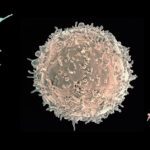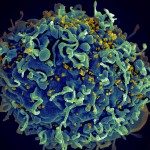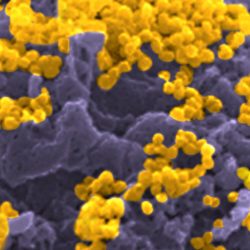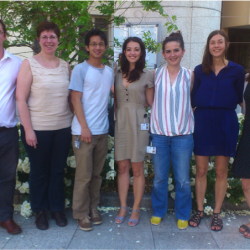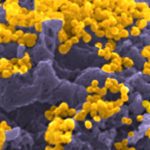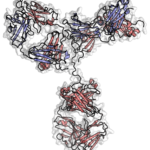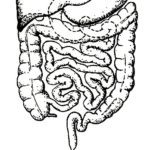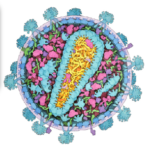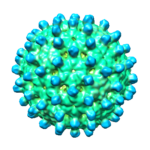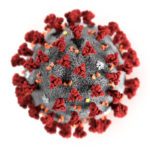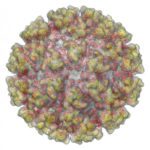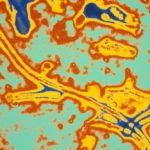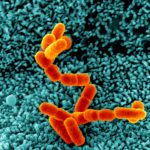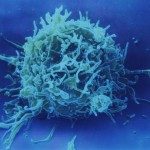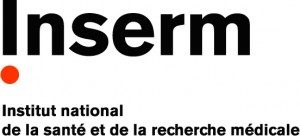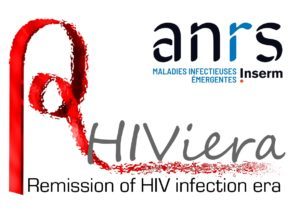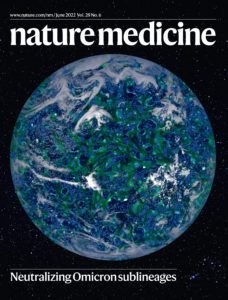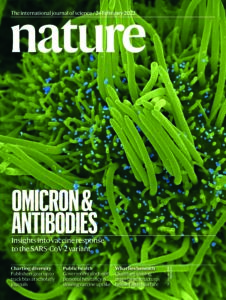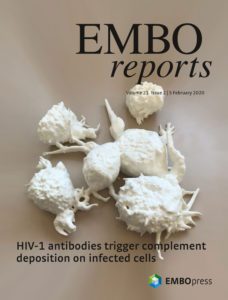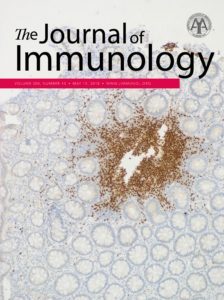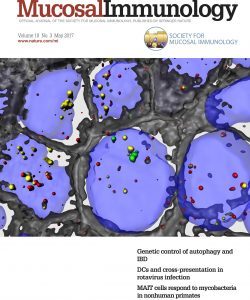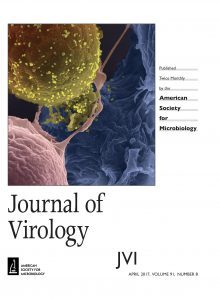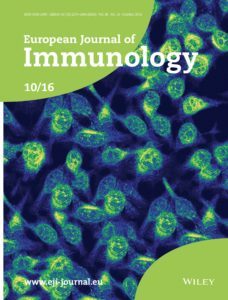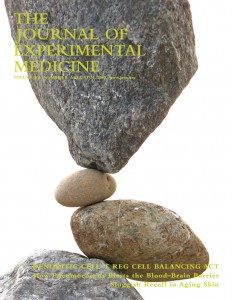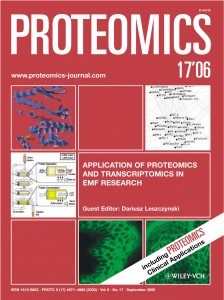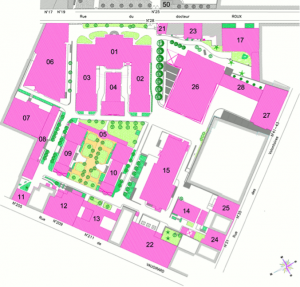Our lab aims at studying the molecular basis of antibody B-cell responses to viruses such as HIV-1, Hepatitis viruses and emerging viruses, and the mechanisms by which anti-viral antibodies participate in controlling infections in humans.
Adaptive immune responses naturally occurring upon infection or induced by vaccination generate high affinity antibodies to culprit antigens, and memory B-cell subsets to respond to further antigenic challenges, providing protection against (re-)infections.

The dissection of anti-pathogen B-cell responses using efficient technologies to generate and characterize at a molecular and functional level, antigen-specific human monoclonal antibodies (mAbs) has allowed breakthrough discoveries on the humoral responses against pathogens such as HIV-1, Influenza, Ebola, and Zika viruses, which culminated more recently with the SARS-CoV-2 research.
These recombinant mAbs represent unique “fingerprints” for each B-cell clone and when characterized in details at molecular and functional levels, provide crucial information about the humoral response to the pathogen. Moreover, in addition to the antibody’ therapeutic interest, it has now become evident that studying the biology of neutralizing mAbs is pivotal in designing candidate immunogens for vaccine development. In this context, our research focuses on understanding the mechanisms governing human antibody B-cell response to pathogens, and to make use of these findings to develop therapeutic strategies.
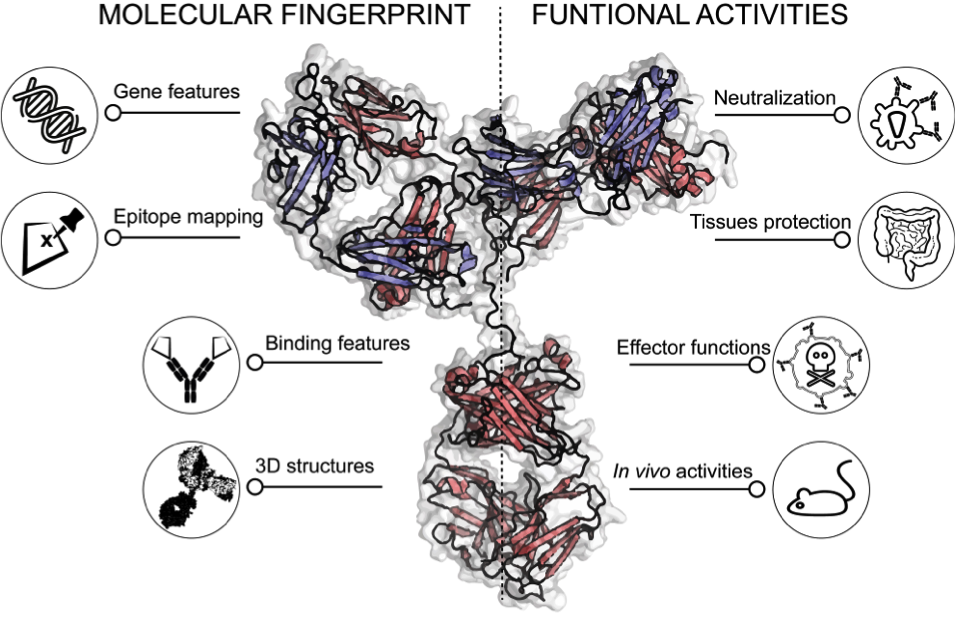
Using complementary technological approaches, including single-cell capture and cloning of human monoclonals, we are currently investigating the memory B-cell responses to HIV-1 at the peripheral and mucosal level in individuals who developed extremely potent and broad neutralizing HIV-1 antibodies (bNAbs), this in trying to understand how these rare antibodies develop.
Our scientific investigations also use this research approach and methodological strategy to study B-cell memory and biology in physiological conditions, and B-cell antibody responses to other viral pathogens such as Hepatitis viruses as well as those responsible for emerging infections as for instance, Chikungunya and SARS-CoV-2 viruses.
The HI-LAB
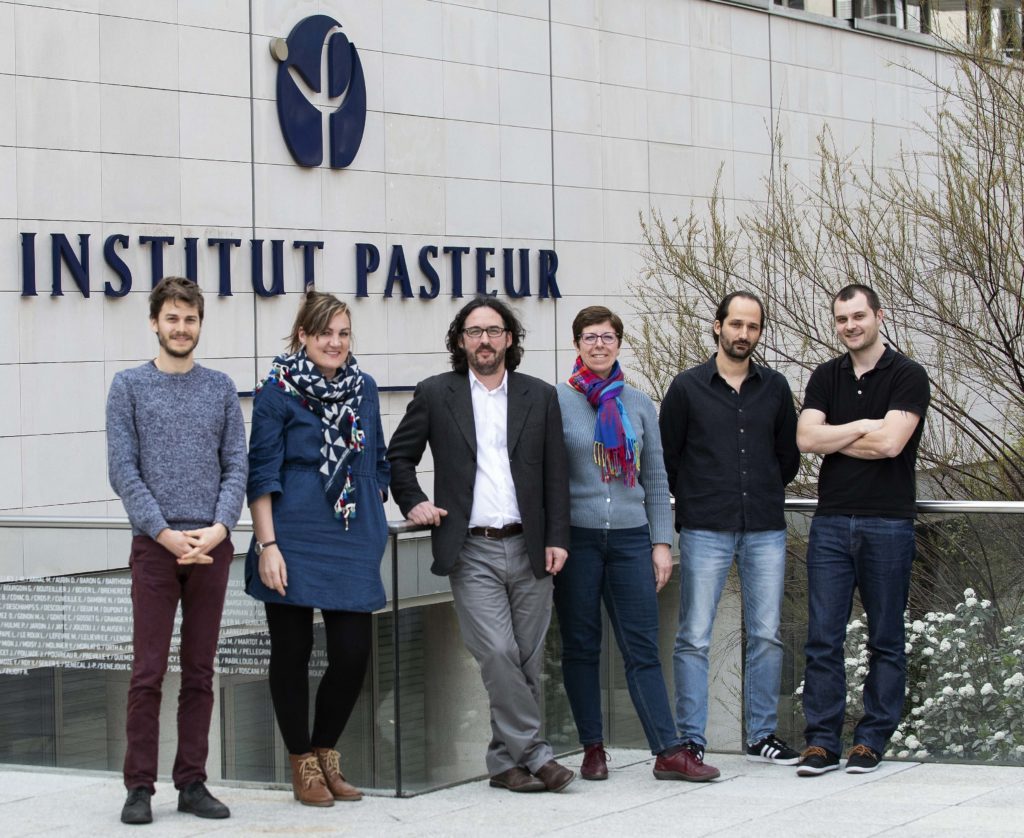
April 2019
Over the years….


